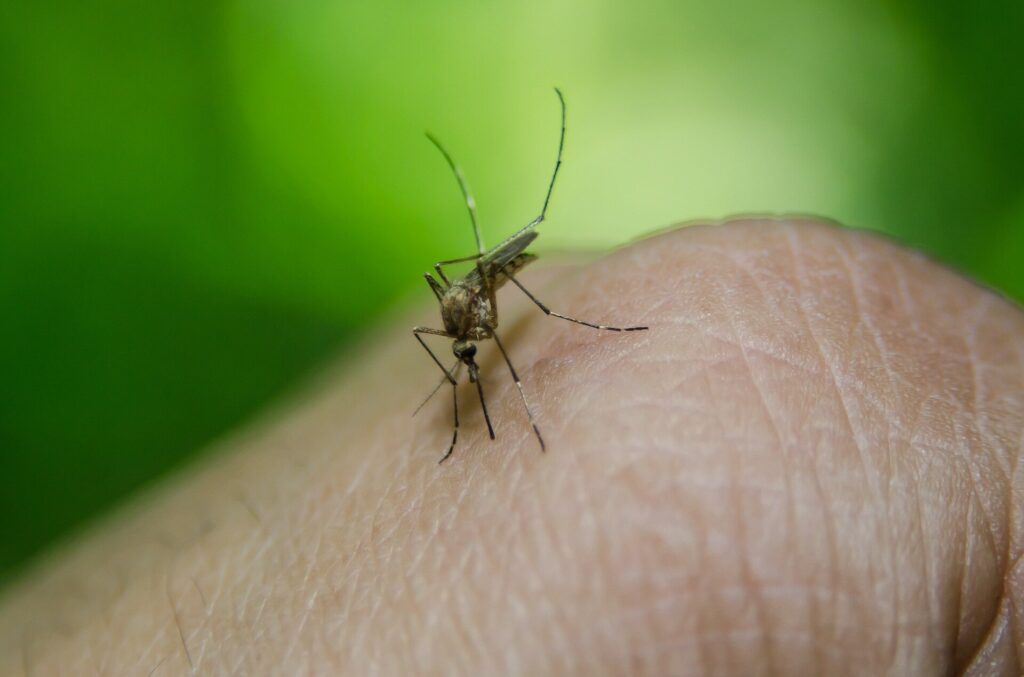
Malaria deaths are projected to rise this year due to significant cuts in foreign aid, the head of the Global Fund, a Geneva-based organization combating major infectious diseases, warned on Wednesday. The warning comes amidst widespread chaos in the global aid sector following former President Donald Trump’s decision to slash U.S. funds upon his return to office in January.
The United States, historically the world’s largest aid donor, has significantly reduced its contributions, prompting other nations to follow suit. This has severely impacted the funding necessary to combat diseases like malaria, according to Peter Sands, director of the Global Fund to Fight AIDS, Tuberculosis, and Malaria.
Impact of Aid Cuts on Malaria Control
“On malaria, there has been a significant impact on the funding of all key tools in the fight against transmission,” Sands told reporters. He emphasized that existing funding gaps have become more pronounced, exacerbating the challenge of controlling the disease.
Africa, where the burden of malaria is most severe, is experiencing the most significant setbacks. Progress in combating the disease has stalled in recent years due to a combination of factors, including climate change, increased conflict, resistance to drugs and insecticides, and now, funding shortages.
Malaria causes an estimated 600,000 deaths annually, with pregnant women and children under the age of five accounting for most fatalities.
Projected Increase in Malaria Fatalities
While 2025 figures are not yet available, Sands anticipates an increase in child mortality due to malaria this year, partly attributed to the reductions in funding. A study by the Roll Back Malaria initiative suggests there could be over 100,000 additional deaths in 2025.
Beyond immediate fatalities, Sands expressed concern over the potential long-term impact on research and development in the field of malaria control. The reduction in financial support could hinder advancements in new treatments and preventative measures.
The Global Fund’s Response and Future Prospects
The Global Fund is actively seeking to mitigate these challenges by raising funds through its three-year “Replenishment” cycles. The organization aims to secure 15.4 billion euros ($18 billion) by the end of November for the upcoming period, which could potentially save up to 23 million lives between 2027 and 2029, according to a statement from the Global Fund.
This funding drive is crucial as it represents a lifeline for many countries struggling to maintain their malaria control programs amidst dwindling international support. The Global Fund’s efforts underscore the importance of sustained financial commitment to global health initiatives.
Historical Context and Future Implications
The current situation echoes past challenges faced by global health initiatives during periods of economic downturn or political shifts. Historically, reductions in aid have often led to setbacks in disease control efforts, highlighting the critical need for stable and predictable funding sources.
Looking ahead, the international community faces a pivotal moment in its fight against malaria. The decisions made now regarding funding and resource allocation will have lasting implications for global health outcomes, particularly in the most vulnerable regions.
As the Global Fund continues its fundraising efforts, the world watches closely, aware that the stakes are higher than ever in the battle against malaria and other infectious diseases.





